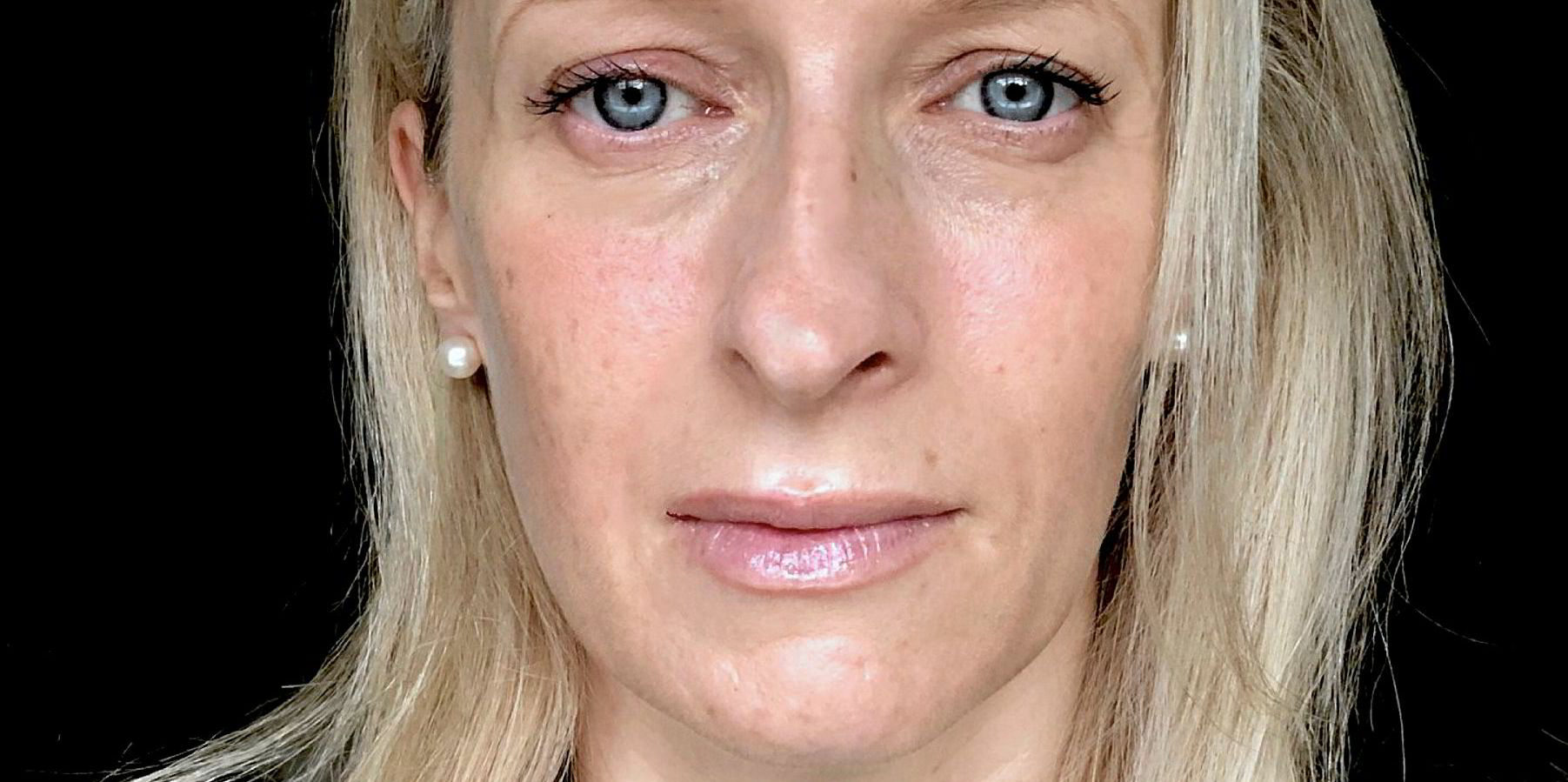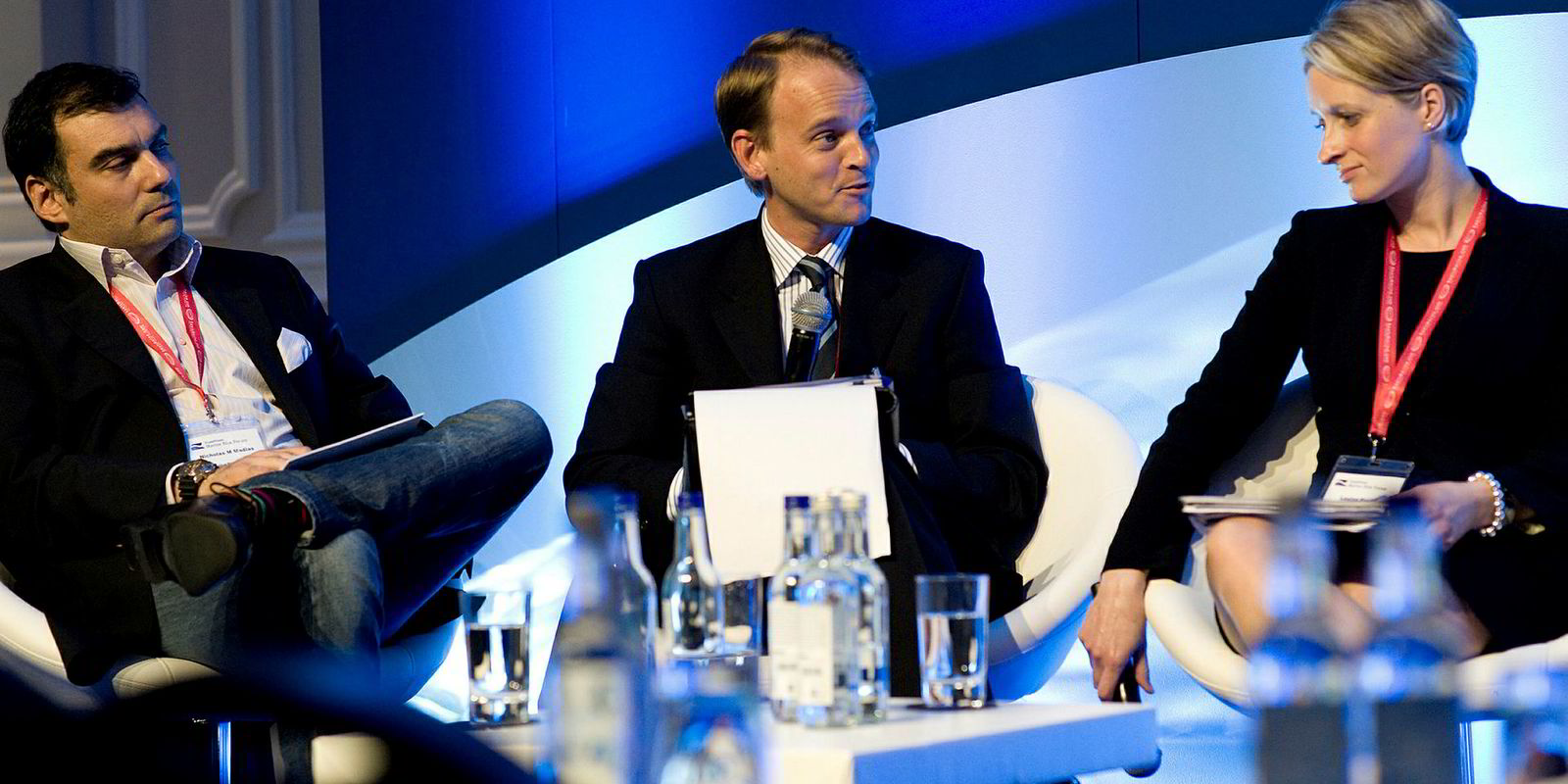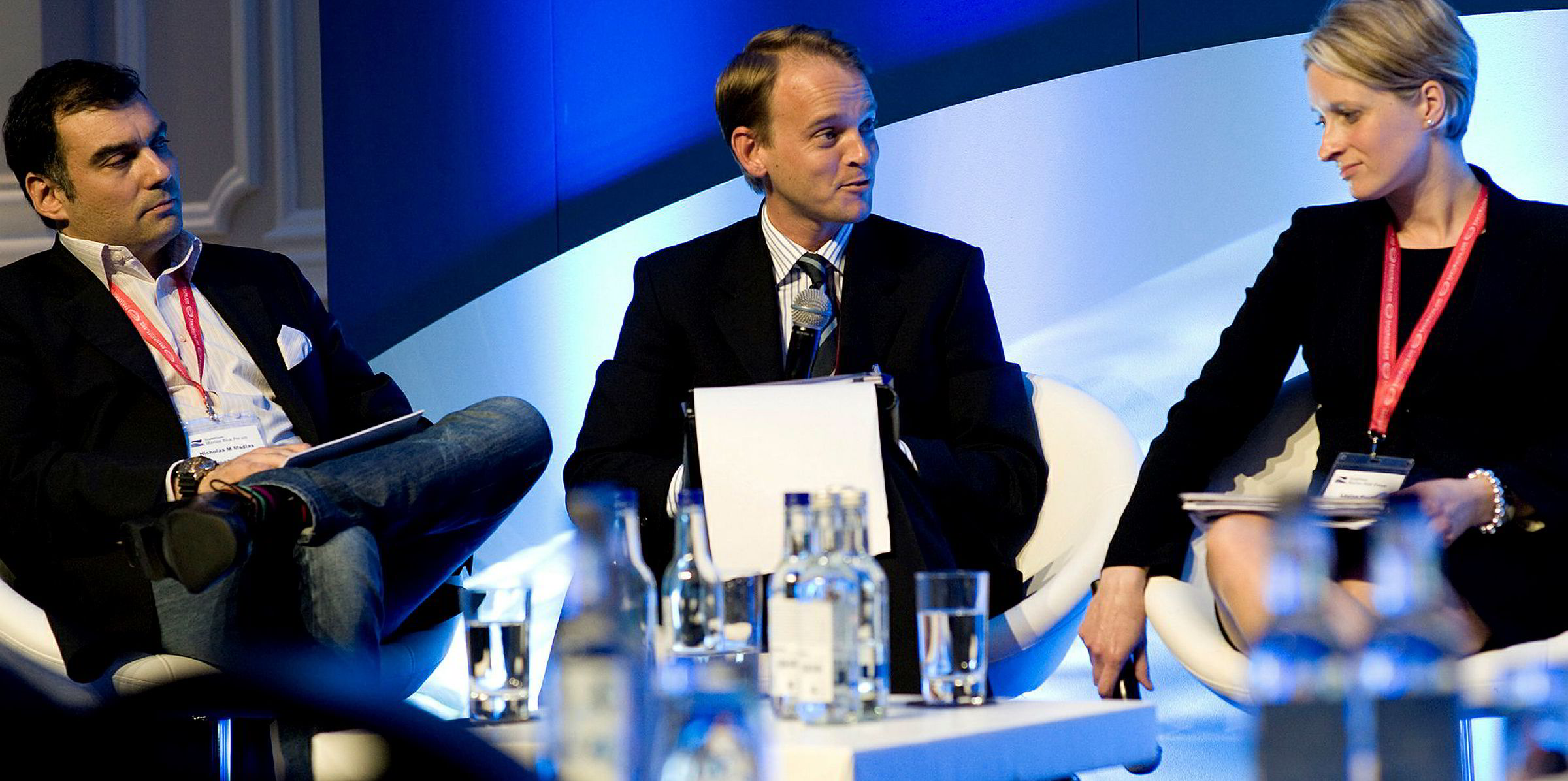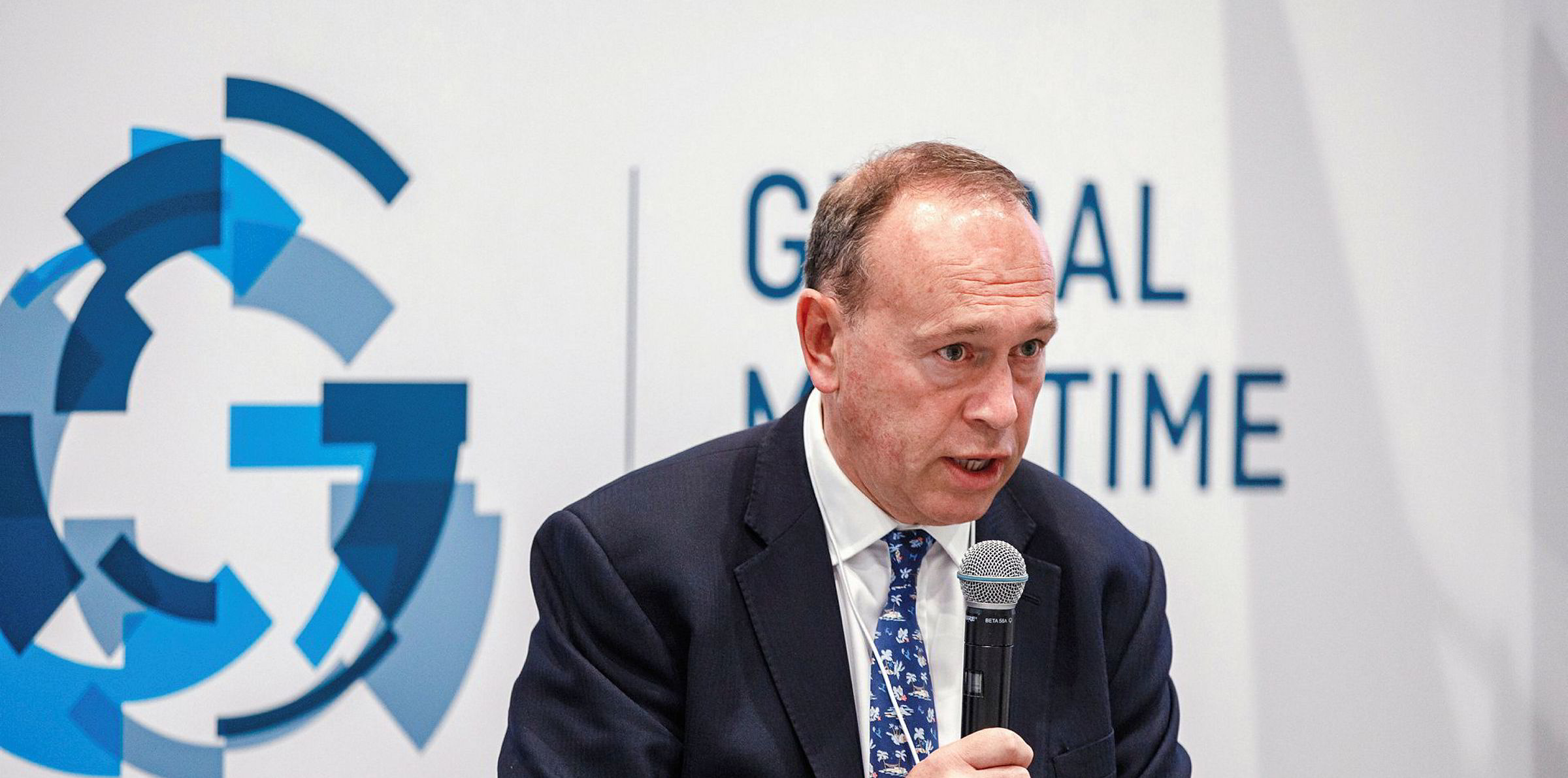The London marine insurance industry has often been viewed as the domain of the middle-aged businessman in a pinstripe suit who dines out on claret-fuelled tales of underwriting triumphs.
But even the old-boy network of marine insurance is changing as women work their way into the most senior positions.
In London, the most traditional of markets, Louise Nevill is providing a role model for ambitious women to follow.
It all began for Nevill after graduating from the University of Reading in England, where work experience at a Lloyd’s of London syndicate got her “hooked” on the industry.
Fifteen years later, and she has headed marine and energy at Talbot Underwriting and run London underwriting for Gard UK, where she was vice president. She is currently chief executive of leading marine broker Marsh JLT Specialty’s UK marine & cargo business.
Holding such a senior position does not leave her with much spare time, but — a testimony to her energy — she lists running and cycling among her hobbies, as well as spending time with family and tending her garden.
Asked what attributes helped her progress in the industry, she answers: “Hard work, self-belief and determination have probably assisted most. I am also a strong advocate of ‘failing to prepare is preparing to fail’.”
Former colleagues add person skills to the traits that have helped her get on in the world of marine insurance. Relationships form an important part of the business culture, particularly in London.
Covid-19 will accelerate greater efficiency in our industry, with electronic placing, data and AI playing a part in improving the experience for the client
Louise Nevill
Marsh JLT’s global head of marine insurance, Marcus Baker, pointed to her “depth of experience and relationships” when she was appointed last year.
She has also experienced insurance from the underwriter’s viewpoint, and, since joining Marsh JLT, from the perspective of a broker that represents the shipowner’s needs.
Old-school underwriters and brokers are often quick to dismiss the role of internet technology in broking marine insurance but, typical of her generation, Nevill is more progressive on the subject.
Rather than rejecting automated placing as something that will disrupt the role of the broker, she views it as a development that can help the industry become more efficient and show its value.
Without the progress of digitalisation, she and her team of brokers would not have been able to bring in “significant business from the kitchen table” during lockdown.
“Covid-19 will accelerate greater efficiency in our industry, with electronic placing, data and AI playing a part in improving the experience for the client,” she says.
In the future, underwriters and brokers need a wider knowledge of the fast-moving developments that are affecting shipping.
“Disruption and a changing environment in the maritime industry bring both opportunities and threats. Environmental standards, advances in technology, regulation and the use of big data means that industries are having to react to this to minimise risks and exploit opportunities,” Nevill says.
Those technological developments are changing the traditional role of the underwriter from the simple provider of capital and the broker as intermediary to more active roles in using their industry know-how to find solutions for shipowners.
“Underwriters and brokers need to be able to solve almost any issues a client may have and help them plan for the future. In my view, this is easier with a global presence and scale, facilitating collaboration and innovation, leading to new ideas and products to assist our clients in finding solutions.”








